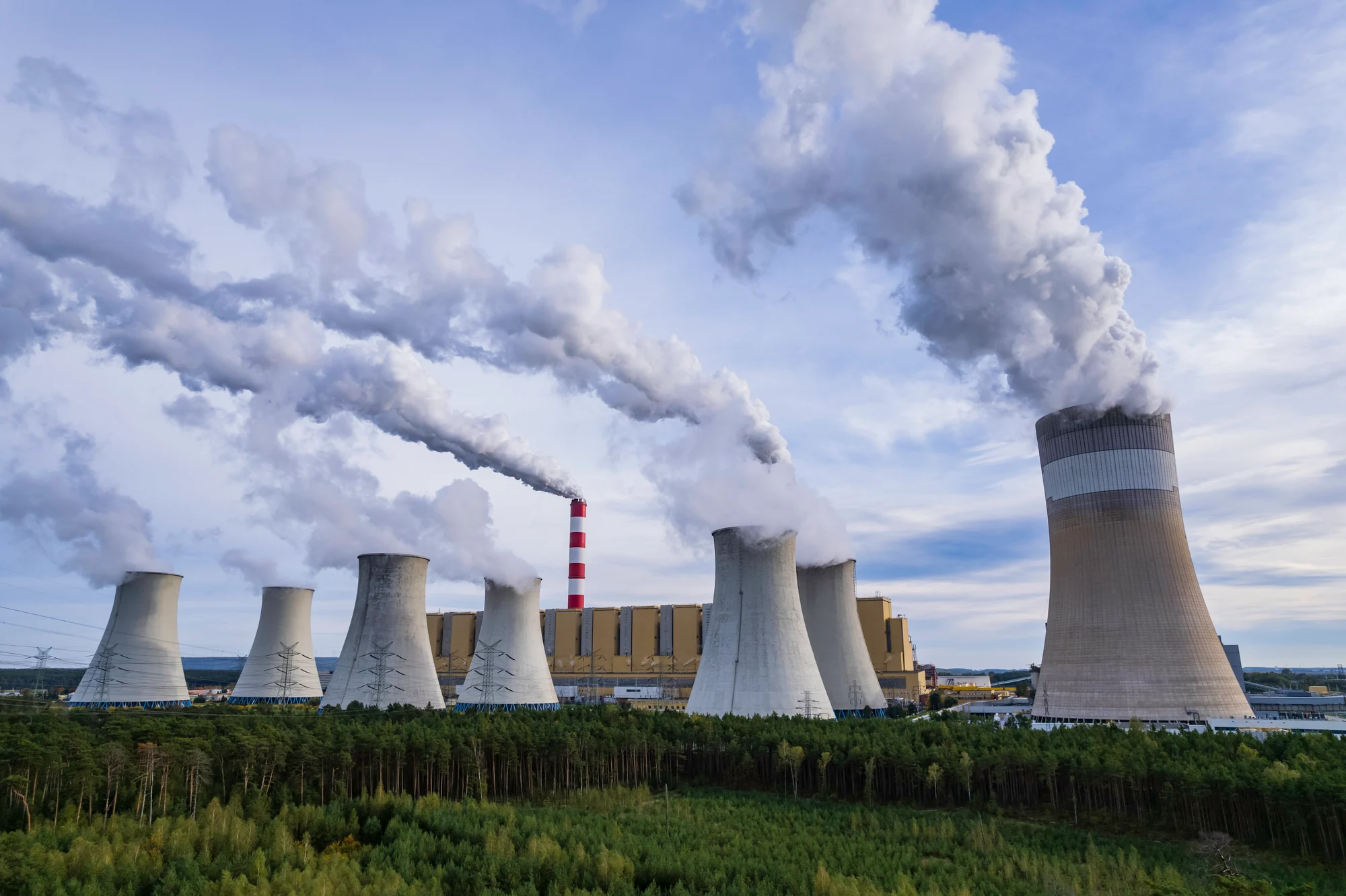
Let’s take a moment to imagine something extraordinary. Last year, you, in a fit of optimism or perhaps boredom, decided to invest $10,000 in a nuclear energy company called Oklo (OKLO). At the time, Oklo had just emerged from a merger with AltC Acquisition Corp, one of those SPACs that seem to exist for no other reason than to sound slightly more exciting than they are. Backed by Sam Altman of OpenAI fame, Oklo was trading at about $7 a share. Now, let’s say you held on to your shares like an obedient child clutching a melting ice cream cone. How much would your investment be worth today? Brace yourself: over $107,000. That’s right-your initial stake has grown by nearly 1,000%. If this were a movie, it would be the kind where everyone cheers when the underdog wins.
But here’s the thing about underdogs: they don’t always stay on top. Oklo is still navigating what can only be described as a minefield of challenges. Does it have potential? Absolutely. Is it ready to justify its current valuation? Well, that’s where things get interesting-or complicated, depending on how you look at it.
What Exactly Does Oklo Do?
Oklo is not your grandfather’s nuclear power company. No, this is nuclear energy reimagined, downsized, and repackaged for the modern world. The company specializes in microreactors-compact fission plants that produce far fewer megawatts than the behemoths we associate with nuclear energy. Think of them as the Mini Coopers of reactors: small, efficient, and surprisingly versatile.
The beauty of microreactors lies in their simplicity. While traditional reactors require a decade or more to build-and come with price tags large enough to make even the most seasoned accountant faint-microreactors can be assembled and installed in months, weeks, or possibly even days. They’re also grid-independent, which makes them perfect for places where electricity is as rare as a polite comment on social media: remote towns, mining sites, military bases, and so on. It’s nuclear energy for the overlooked corners of the world.
Now, if someone had pitched this idea a few decades ago, you might have laughed. After all, nuclear energy used to feel about as cutting-edge as Betamax tapes. But times change, and nuclear energy has quietly become a darling of the future. From powering AI servers to fueling space exploration, it’s suddenly everywhere. And Oklo wants to own a piece of that pie-not just by selling reactors but by operating them too. Imagine a utility company, but with a nuclear twist. Oh, and did I mention their reactors run on recycled fuel? High-assay low-enriched uranium (HALEU), to be precise. Cheaper fuel, less waste, and the ability to recycle nuclear leftovers into usable energy-it’s almost enough to make you believe in magic.
Why Some Love Oklo and Others Tread Carefully
If you ask the bulls, Oklo is the golden child of advanced nuclear energy. They’ll tell you it’s a first mover, armed with strategic partnerships and a cash hoard that could make Scrooge McDuck jealous. The demand for energy is soaring, they argue, and Oklo will be there to meet it. One of their crown jewels is a partnership with Equinix (EQIX), a data center giant that has agreed to buy 500 megawatts of future power from Oklo’s microreactors. Equinix isn’t exactly known for taking wild gambles, so this deal feels like a cosmic thumbs-up for Oklo’s vision.
Then there’s Diamondback Energy, which has preordered 50 megawatts of power, and Centrus Energy, which will supply Oklo with HALEU from the only U.S.-licensed facility capable of producing it. To top it off, Oklo recently acquired Atomic Alchemy, a radioisotope producer, for $25 million in stock. This move gives Oklo a foothold in a market projected to be worth $55.7 billion by 2026-a nice little revenue stream while it waits for its reactors to come online.
But here’s the catch: Oklo doesn’t actually have any reactors running yet. Not one. It’s a pre-revenue company, which means its balance sheet is as empty as a desert horizon. Worse still, it hasn’t received regulatory approval for its designs. Compare that to competitors like NuScale Power, which have already cleared some regulatory hurdles, and you start to see why bears are wary. The road from concept to functioning reactor is long and winding, and there’s no guarantee Oklo’s machines will perform as promised.
So, Should You Buy Oklo?
Ah, the million-dollar question-or in this case, the $107,000 question. For risk-tolerant investors, Oklo might be worth a flutter. Electricity consumption is expected to grow by 4% annually through 2027, and Oklo plans to flip the switch on its first reactors that same year. With $534 million in near-term liquidity, it has enough cash to keep the lights on until then. But let’s not kid ourselves: this is a high-stakes gamble. Pre-revenue status, regulatory uncertainty, and a market cap approaching $11 billion make Oklo a stock that could either soar or crash spectacularly.
If you believe in Oklo’s story-if you can stomach the volatility and the possibility of losing your shirt-it might be worth a small position. But if you’d rather sleep soundly at night, consider a lower-risk alternative like a nuclear energy ETF. Either way, tread carefully. Investing in Oklo is like betting on a horse race where the horses haven’t even left the stable yet 🤔.
Read More
- Gold Rate Forecast
- 2025 Crypto Wallets: Secure, Smart, and Surprisingly Simple!
- Top 15 Insanely Popular Android Games
- Did Alan Cumming Reveal Comic-Accurate Costume for AVENGERS: DOOMSDAY?
- Why Nio Stock Skyrocketed Today
- 4 Reasons to Buy Interactive Brokers Stock Like There’s No Tomorrow
- New ‘Donkey Kong’ Movie Reportedly in the Works with Possible Release Date
- ELESTRALS AWAKENED Blends Mythology and POKÉMON (Exclusive Look)
- The Weight of First Steps
- Core Scientific’s Merger Meltdown: A Gogolian Tale
2025-08-30 15:20